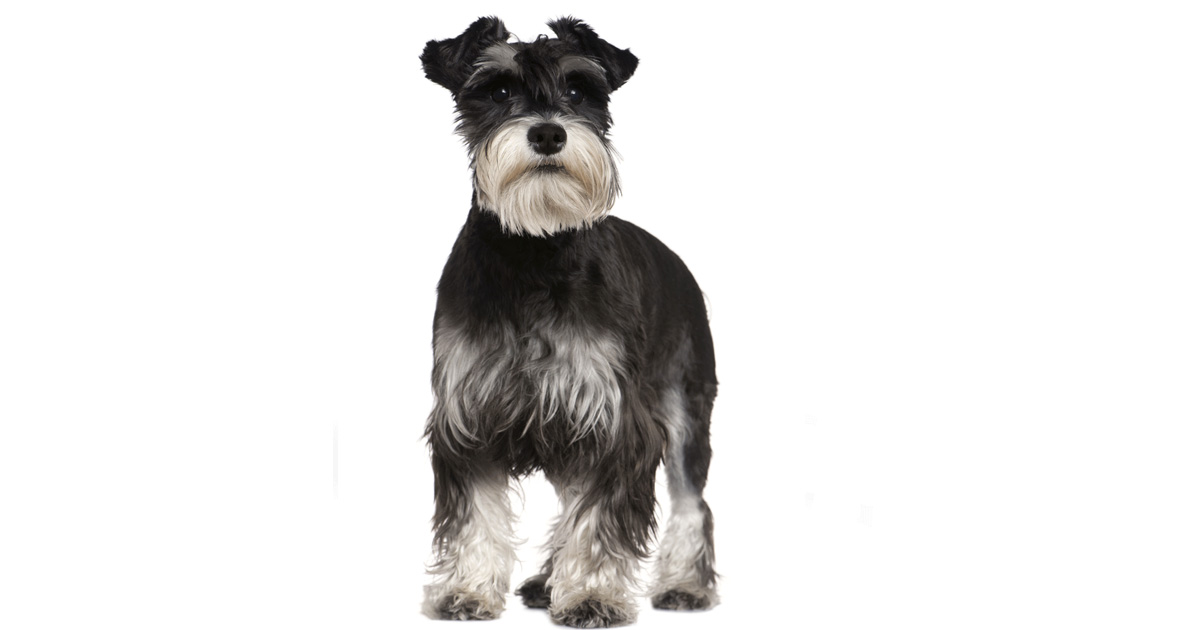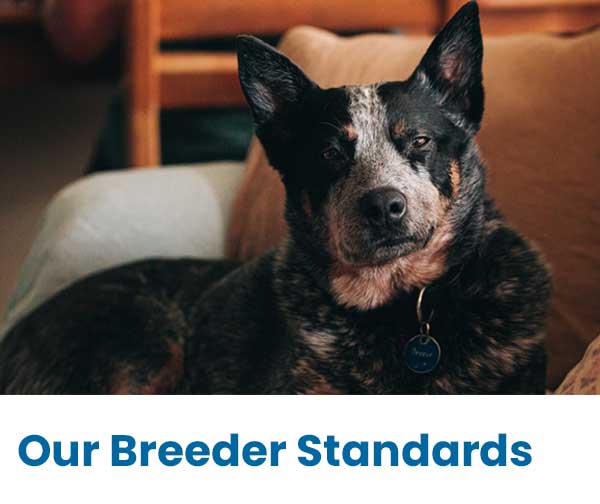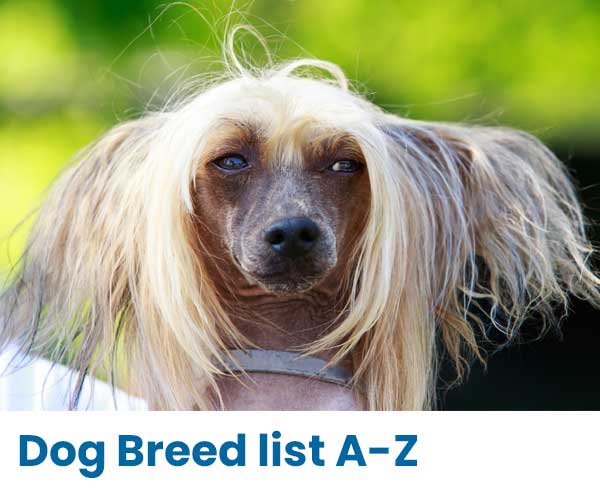Schnauzer - Miniature breed guide
Potential health issues in Schnauzers
Schnauzers are generally very healthy dogs but as with every breed, there are a few health issues that may occur. Responsible breeders will ensure that all appropriate testing is done prior to breeding and will be happy to answer questions you may have around potential health problems.
Follicular Dermatitis: Follicular dermatitis is an irritation of hair follicles (like eczema) that creates itchy bumps. The condition can be treated with medicated shampoo provided by your vet and regular grooming. This can occur in all three Schnauzer breeds.
Progressive Retinal atrophy (PRA) : PRA is an inherited condition and the most significant of the genetic health issues that can occur in Miniature Schnauzers. It causes the deterioration of the retina in the eye and cannot be treated. Dogs who are affected will eventually go blind. In most cases, there are no signs until 1-2 years of age. Research in the United Kingdom has identified a new mutation causing Progressive Retinal Atrophy (PRA) in Giant Schnauzers, which is being referred to as PRA5 to distinguish it from other genetic forms of PRA that occur in other breeds.
Cataracts can also affect Minis and Giant Schnauzers. Both hereditary and congenital hereditary forms affect the Minis, and it is strongly recommended that all Miniature Schnauzers are eye-tested annually. Giant Schnauzers should have eye testing for Hereditary Cataracts.
When looking for a puppy, any caring and responsible breeder will be able to show you Eye Test Certificates of the mother and confirm that the sire has a clear certificate (both should dated within the previous 12 months). You would also be given a copy of the Litter Screening Form to prove that the litter is clear of eye problems when you purchase the puppy.
Some schnauzer clubs require that the breeding dogs of all members have been eye tested and cleared prior to breeding.
Pancreatitis : Minature Schnauzers are predisposed to pancreatitis. According to UFAW the lifetime risk of developing the disease is around 5%. Aside from a genetic predisposition, it can develop due to excess weight, and in some cases can be a side effect of surgery. A healthy diet is important to avoid pancreatitis, with fatty foods and human foods avoided. The most common signs of pancreatitis include loss of appetite, hunched back, vomiting, and diarrhoea. Other symptoms may include weakness, depression, and fever. Mild cases can be treated, but the condition can cause severe pain, and extreme cases can lead to death.
Portosystemic Shunt (PSS) : PSS (or liver shunt) is caused by blood not flowing through the liver, preventing it from developing and performing properly. Symptoms can be mild - lethargy, excessive drinking and urinating or severe - seizures, disorientation and confusion. Signs of this disorder usually appear by 6 months, and nearly always by 2 years of age. Seek veterinary advice if your pup has any of these symptoms. While treatment is available, it can be fatal. See liver shunt in miniature schnauzers for more detailed information.
Bladder or Kidney Stones : Miniature Schnauzers can be prone to this health issue. Symptoms could be a change in urine (increase, decrease or blood), abdominal discomfort, lethargy, or poor appetite. Surgery may be needed to treat this condition.
Hip Dysplasia: Hip Dysplasia is a deformity where the femur head doesn't fit properly into the hip socket. It is commonly found in larger breeds and can occur in standard and giant schnauzers. It is generally considered a genetic trait, but can also be caused by environmental factors (excess weight, inappropriate exercise, stairs, slippery floors).
Gastric Dilation-Volvulus (GDV): Most deep-chested breeds can suffer from GDV (or bloat) which may affect Giant Schnauzers. Bloat occurs when a dog's stomach is stretched by gas or food, the distended stomach rotates, trapping the gas and blocking off the stomach's blood supply. Symptoms to look out for are an enlarged abdomen, retching, restlessness, salivation, and pain/whining if you press on their belly.
If you are a small scale ANKC registered breeder and would like to be listed here, just contact us or follow a few simple steps to add your details yourself.
We welcome helpful comments and contributions to information about this breed by email







